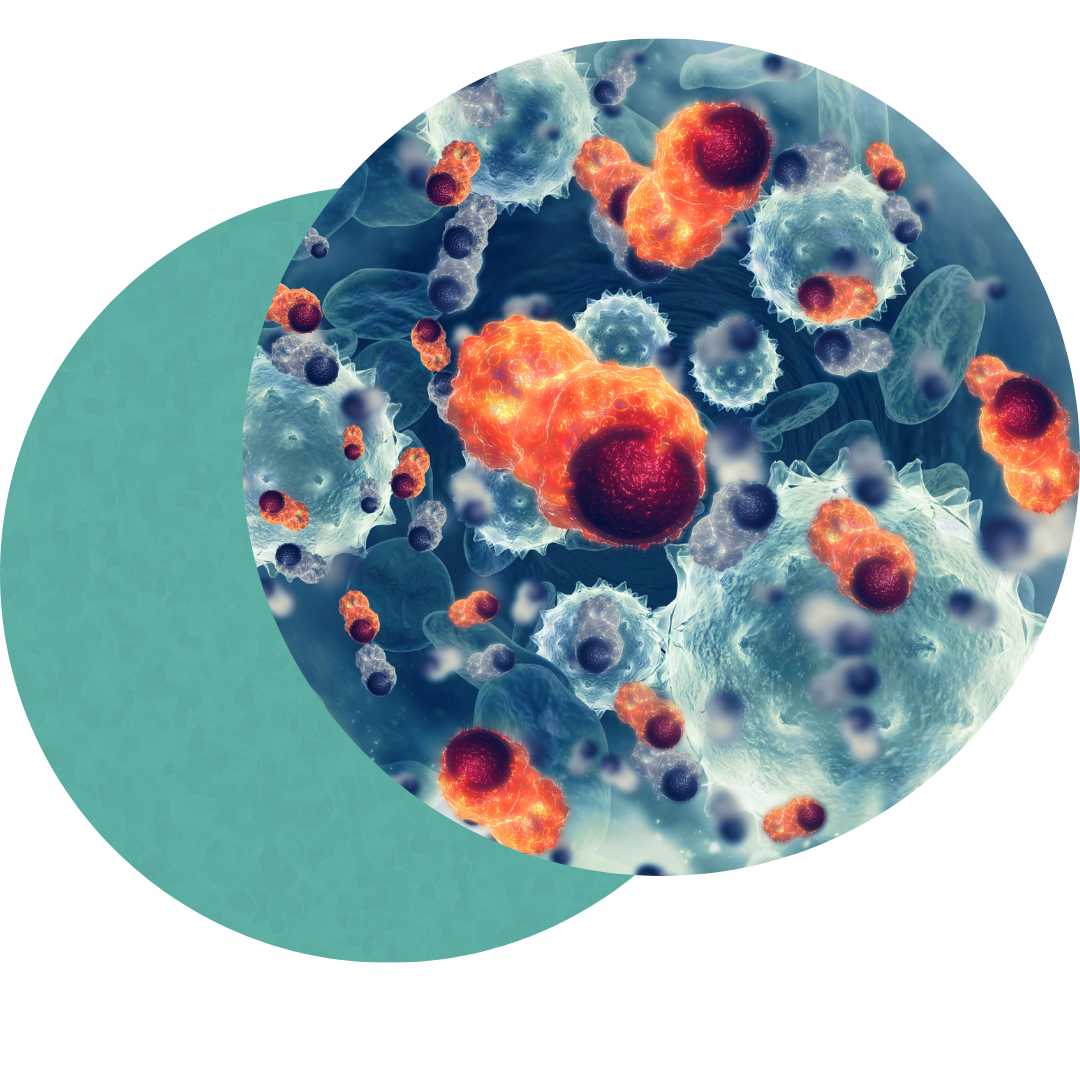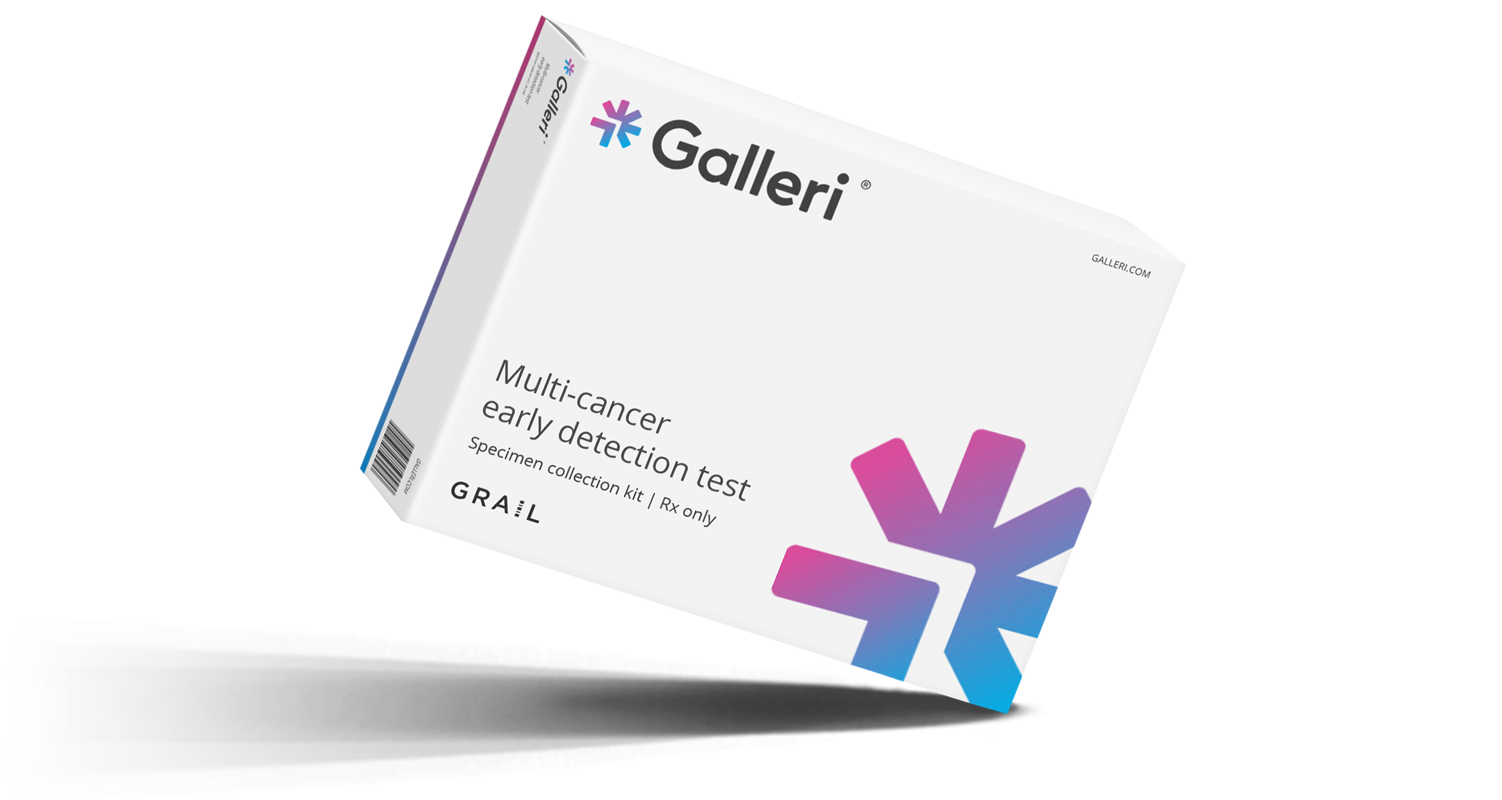The Galleri Cancer Detection Test
Cancer has touched most of us, be it a family member, a friend, or someone in our community. It’s something that many of us fear, but if nothing else, it’s something we have an awareness for.
But here’s something that you may not know: many cancers are not routinely screened for today. In fact, there are only a handful that are checked on a regular basis. These include breast cancer screening (with mammograms), colorectal cancer screening (with colonoscopy), cervical cancer screening (with Pap tests), and prostate screening (with PSA blood test). Testing for lung cancer is recommended for former or current heavy smokers. But the reality is—just because you don’t fall into a risk category does not necessarily mean you won’t get that type of cancer.
Cutting-edge scientific research and new testing, such as the Galleri Cancer Detection Test, now allows us to screen for a wider variety of cancers and also detect them at an earlier stage, often before symptoms appear. Identifying cancer early reduces the chance that someone who is screened regularly will die from the cancer and has more potential benefits than harms.1
And with the Galleri Cancer Detection Test, you can test for 50 different cancers quickly and easily.

What is the Galleri Cancer Detection Test?

Galleri is a multi-cancer early detection test that can detect more than 50 types of cancers through a simple blood draw. It’s important to note that the Galleri test is intended to be complementary to, and not a replacement of U.S. guideline-recommended cancer screenings that a healthcare provider may recommend. However, this test can give patients the potential benefits of:
- Early cancer detection – Many of the cancers screened in this test are not typically screened for, and detection allows for earlier treatment.
- Testing is done with ease and can be incorporated into a routine visit.
- Actionable results – If a cancer signal is found, the results can help direct healthcare providers with next steps.
- Early detection is a proven strategy for saving lives from cancer. Some patients whose cancers are detected and treated early may have better long-term survival than patients whose cancers are not found until symptoms appear.2
71% of cancer deaths are caused by cancers not commonly screened for.3, 4
How does the Galleri Cancer Detection Test work?
All cells in your body release DNA into the bloodstream, but DNA from cancer cells is different from that of healthy cells. The Galleri test uses the power of next-generation sequencing and advanced algorithms to look at the DNA in your blood to determine if any of it may have come from cancer cells. Using its proprietary methylation technology, Galleri can also help pinpoint where in the body the cancer is coming from.
Though the information provided from the test is significant, the actual testing process is very simple. Blood is taken in our in-house lab—and that’s it. Within two weeks, results are received and Dr. Jorge or Anya Wallace, PA-C will go over them with you. If a cancer detection is found, your provider can work with you on determining next steps.
Who should consider doing this test?
The Galleri test is recommended for those at an increased risk, including those who are over age 50. You and your provider can discuss whether this is an appropriate test for you or not.
It is important to note that this test is only available through healthcare providers, and we only provide them to our clients. If you are currently a client and are interested in learning more, please let Dr. Jorge or Anya know that you’d like to discuss the test further.
The Galleri Cancer Detection Test is one of the many advanced diagnostic tests that we use. If you are interested in joining our concierge functional medicine clinic as a client, or finding out details about becoming a client, please contact us.
1. https://www.cancer.gov/about-cancer/screening/screening-tests
2. https://www.cancer.gov/research/areas/diagnosis
3. Modeled detection extrapolated to 2020 US population ages 50 – 79. Screening includes methods with United States Preventive Services Task Force (USPSTF) A, B, or C rating (breast, colon, cervical, prostate, and lung), and assumes screening is available for all prostate, breast, cervical, and colorectal cancer cases and 33% of lung cancer cases (based on estimated proportion of lung cancers that occur in screen-eligible individuals older than 40 years).
4. Data on file from Surveillance, Epidemiology, and End Results (SEER) 18 Regs Research Data, Nov 2017 Submission. Includes persons aged 50 – 79. Estimated deaths per year in 2020 from American Cancer Society Cancer Facts and Figures 2020. Available at: www.cancer.org/content/dam/cancer-org/research/cancer-facts-and-statistics/annual-cancer-facts-and-figures/2020/cancer-facts-and-figures-2020.pdf
